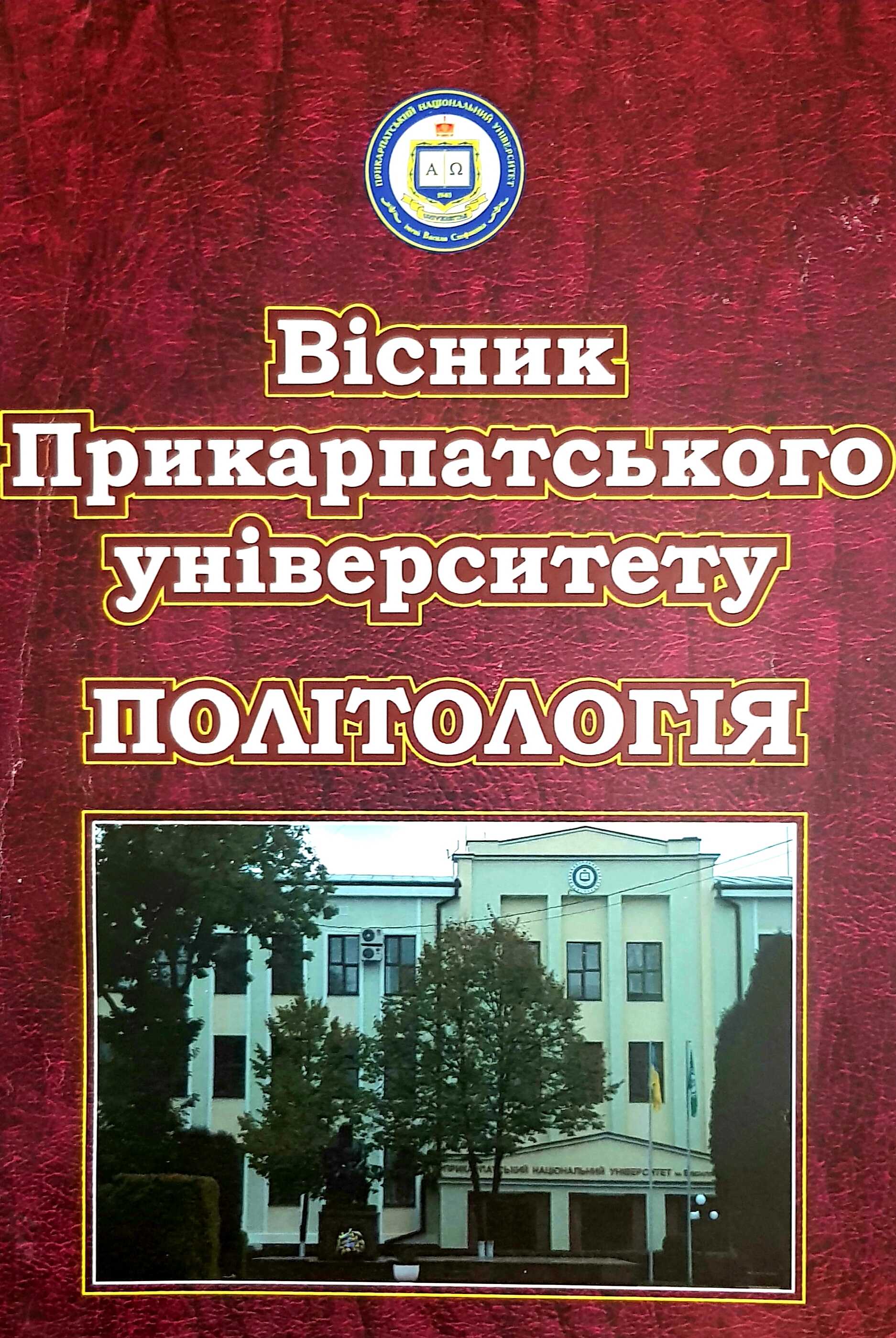“New role” of historical policy in Poland-German relations in 2007
Keywords:
polish-german relations, historical policy, The Visible Sign, honoring of the victim of resettlement, D. Tusk.Abstract
The research is dedicated to discovering the problem of historical policy in the activity of government, which has been formed by the coalition of two parties: “Platforma Obywatelska” and “Polskie Stronnictwo Ludowe” and in which way the questions of past are extrapolating on Polish-Germany relations.
In the article has compared two approaches to the historical policy by both leaders – Kaczynski Brothers and D. Tusk. Had noted that the conservative approach Lech Kaczynski and Jaroslaw Kaczynski in the treatment of history in Polish-Germany relations cased political disagreement. Besides, J. Kaczynski used the historical policy as an instrument of influences on European plans of Germany very often. Some times, this instrument cased a blocking further development of UE.
In contrast, D. Tusk has a more liberal approach to the using of historical policy in polish-german relations. Already, during a first official visit, the new Prime Minister of Poland in December 2007 and the Chancellor of Germany agreed about “The Visible Symbol” (pol. Widoczny Znak, ger. Sichtbaren Zeichen), a project, which should be a place of memorizing of expelling of German people. The expelling had a place in the 1945-1949th and after two decades in the 70-80th of XX century.
The problem of creating a special institution, which will be dedicated to the memorizing of Germanies expellers has two approaches. The first approach was presented by E. Steinbach and second, was presented by the government of A. Merkel. And the first variant of memorizing called Zentrum gegen Vertriebungen creates a negative wave of comment in polish society. The second way was presented in October 2007. J. Kaczynski is criticizing the
project of E. Steibach blaming her in rewriting the history of the Second World War.
But, after Tusk`s official visit to Berlin, both leaders agreed about the conception of the institute. The chancellor assured D. Tusk in absence of E. Steinbach in the board of directors of this institution. The positive is in the Tusk position to the memorizing initiatives of the German government. Prime Minister try to produce a new way to memorizing of the victim of the Second World War such as The Museum of Second World War in Gdansk


